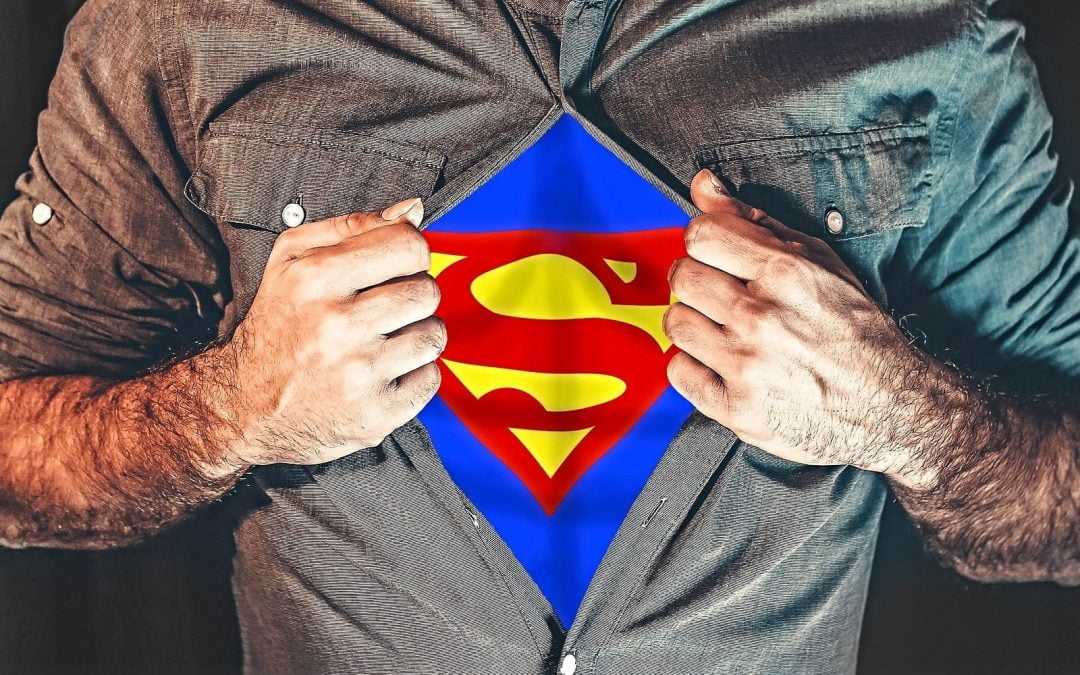Exceeding expectations can be a dangerous thing to do.
I work in a creative environment that has tight deadlines and high stakes, and the team I work with is brilliant, driven and passionate.
We are often given projects that challenge us, and we love the thrill of facing those challenges head on, delivering products that often do even more than was expected.
But exceeding expectations has taught me something that applies far beyond the workplace.
As a society, we have a tendency to see the extraordinary and make it the baseline of a new ordinary.
That is to say that we see when someone does something super-human, and then we begin to expect them to do that same thing regularly.
When we see an incredible result, we immediately shift our sights higher. If a product sells well one day, we need to make it sell better the next; if a tight deadline is met once, we expect a tighter one can be met later.
On the one hand, this tendency can be admirable. After all, how can we achieve greatness unless we continually strive for it?
However, that elevated standard can also cause us to depreciate the remarkable but ordinary work being done by those around us routinely; sometimes, it can even cause us to expect more than we ought from ourselves.
A healthy perspective of ourselves and of the people around us allows us to appreciate super-human effort when it’s given and to still see normal-human effort as the valuable contribution that it is.
When we constantly measure a person’s value relative to their greatest moments, we are holding them to a standard of something that’s not human; we are dehumanizing our expectations of them.
In many ways, I think this is what we’re doing with Brandt Jean and his radical gift of forgiveness toward the woman who killed his brother.
The grace he demonstrated was incredible and commendable, and we ought to applaud it.
But we also ought to resist making that a standard by which we measure people’s worthiness, and we ought to resist telling others, either explicitly or implicitly, that we expect them to give the same grace to us.
Such a standard ignores the complex reality of being human; many of us are not in a place where we can (or even should) extend that type of grace to the people who have harmed us.
We can recognize the power and beauty of Brandt Jean’s radical forgiveness in a way that doesn’t normalize it; we can admire the grace he showed without presuming that the moment defines his life.
Because what happens when he fails to extend grace in the same way to a friend who lets him down? Or to a spouse who betrays him?
We can only expect that he will respond in the way a human does: by being hurt, confused and probably angry. And that has to be OK – because he is, after all, human. Just as I am, and just as you are.
When we elevate the standard for him, we also inadvertently begin to set him – or our perception of him, in all of its super-humanity – as the standard for others like him.
We make it our baseline for effecting systemic change, as if radical grace is all that’s needed to heal our society.
Understanding a person’s humanity means we refuse to set them up on a pedestal as an object of super-humanity, but that we celebrate their moments of beauty and grace in the same way we support them in moments of pain and heartbreak.
Those moments are not the standard of their existence, the totality of their personhood. They are moments of exception that reveal to us an image of the God within them.
A digital marketing strategist who works closely with churches and other missional organizations. He has an M.A. in Theological Studies from Central Baptist Theological Seminary, and is the lead for digital communications at the United Methodist Church of the Resurrection in Kansas City.

